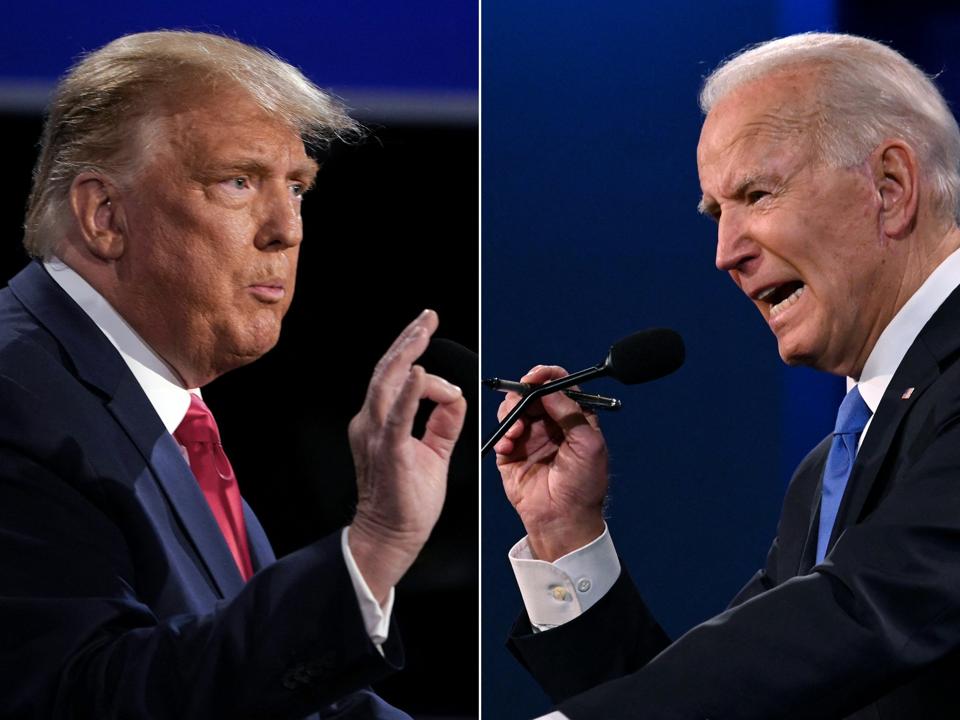If President Joe Biden wins another term in the White House and both houses of Congress go to the Democrats, then that would likely be the worst possible outcome for U.S. stockholders, according to a new report.
“A Democratic sweep would likely be the most negative outcome for equity markets primarily due to a higher probability of higher corporate tax rates,” the research note from Swiss-based bank UBS states.
In addition to larger tax bills for companies, the expiration of some of the 2017 personal tax cuts introduced by the Trump administration could hurt consumer spending.
If that wasn’t enough on its own, a clean sweep for the Democrats could also likely see more corporate regulation. Readers may recall, that pre-Trump, the Obama administration introduced a bucket load full of regulations specifically aimed the fossil fuel business.
As with all presidential election years its hard to know what the results will be ahead of time.
However, there’s a solid chance that there will not be a blue wave or sweep. That’s because as of March 20 former president Trump seems to be ahead in the polls. He is 52.4% likely to win according to OddsTrader. That compares to an expected 36.4% chance of President Biden winning the WhiteHouse, again, according to OddsTrader.
UBS sees outcomes other than a blue sweep in nuanced ways.
- If Trump faced a split Congress investors should expect higher tariffs and lighter regulation. The greenback would likely rally and the cost of borrowing money would probably rise. The major beneficiaries int he market would be banks and other financial companies, the UBS report explains.
- A win for Biden but with a Congress that’s split could likely lead to more limited policy changes, and therefore a more muted impact on financial markets. And in that case the president would need to greatly rely on executive orders and regulatory agency oversight, the UBS report explains.
- A red sweep would likely mean extending the 2017 tax cuts at the price of a reduction in green energy funding. Investors would likely warm to low taxes and light regulation Equity markets would likely cheer lower taxes and lighter regulation. Downsides could include higher tariffs, and trade wars. “Interest rates and the dollar would likely rise initially,” the report states, with banks and other financial stocks benefiting.
However, that’s only the domestic implications. There’s a whole lot of world outside of the U.S. One of the biggest and perhaps most sensitive issues is whether the U.S. will continue to back its NATO allies. That’s an especially big concern for those countries in Europe who are worried whether the U.S. will continue to deliver materiel to Kyiv to defend Ukraine from the Russian invasion.
In the Europe, there is a worry that if Ukraine falls, then so will other countries, such as Poland, the Baltic States (Lithuania, Latvia, and Estonia.) Former president Trump has already invited Russia to do what he will with any NATO members that don’t fulfill their obligation to spend at least 2% of GDP of their defense.
The Biden view on this is less clear, but almost certainly better for Europe.
However, this could be an element that swings the entire election.
- “Voters are exhibiting fatigue over the lengthy list of US commitments around the world. Resistance to foreign entanglements is growing, with profound implications for world order in the 21st century,” the UBS report states.

